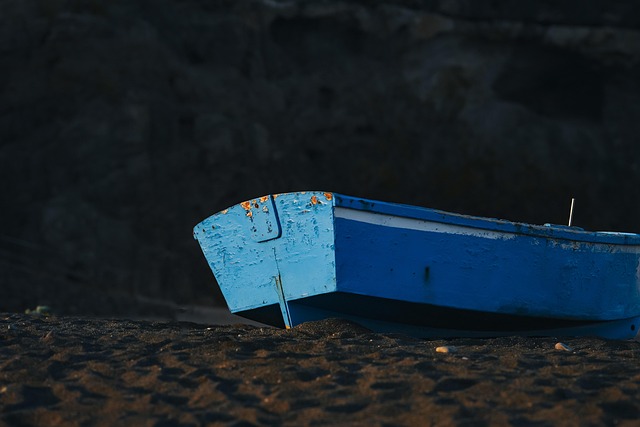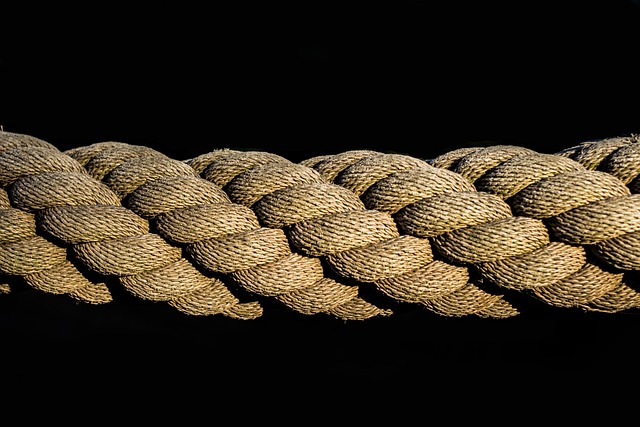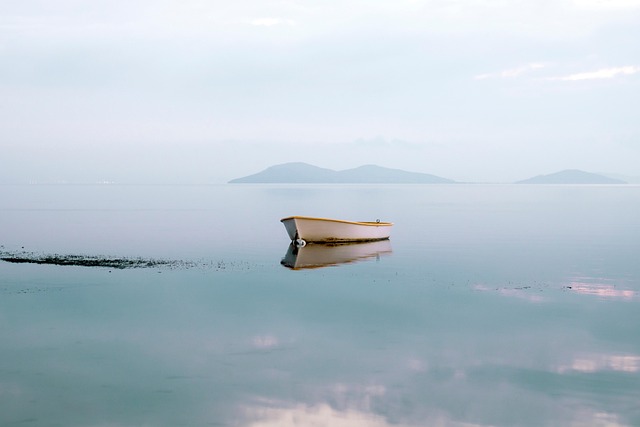This text explores the differences between polyester and polypropylene marine ropes, highlighting their unique properties for various maritime applications. Key points include:
UV Resistance: Both offer UV protection but polyester excels in prolonged outdoor exposure due to its high molecular weight.
Strength & Flexibility: Polyester is stronger with higher tensile strength, ideal for demanding tasks. Polypropylene is lighter, more flexible, and easier to handle, suitable for mooring lines.
Maintenance: Polyester requires less upkeep while polypropylene may need protection from direct sunlight to prevent UV degradation.
Application Considerations: Choose polyester for harsh sun exposure and polypropylene for versatility and adjustability in diverse mooring situations.
Ultimately, the best marine rope depends on specific needs, balancing factors like UV resistance, strength, flexibility, and budget.
When it comes to choosing the right marine rope, understanding the differences between polyester and polypropylene is crucial. Both types have their unique properties, making them suitable for various boating applications. This article delves into the key distinctions between these two popular choices, highlighting their UV-resistant features, strengths, and costs. Whether you’re looking for a durable boat rope or one that excels in specific tasks, this guide will help you navigate and select the perfect marine rope for your needs.
- Understanding Marine Rope Types: Polyester vs Polypropylene
- Key Differences Between Polyester and Polypropylene Ropes
- UV-Resistant Features and Their Impact on Marine Ropes
- Applications: When to Choose Each Type of Boat Rope
- Durability, Strength, and Cost: A Comprehensive Comparison
Understanding Marine Rope Types: Polyester vs Polypropylene
Marine ropes come in various types, each designed to meet specific maritime needs. Among them, polyester and polypropylene are two popular options known for their durability and versatility. Polyester marine rope has long been a favorite among boaters due to its excellent resistance to rot, mold, and UV rays. It’s a strong, reliable choice for various marine applications, from mooring to anchoring.
On the other hand, polypropylene ropes offer a lighter alternative with superior flexibility and shock-absorbing properties. They are easier to handle and less prone to kinking than polyester ropes. Both materials have their strengths, making the choice between them depend on individual needs. For instance, if UV resistance is a priority, a polyester rope might be the better pick for prolonged outdoor exposure. In contrast, polypropylene could be more suitable for roles requiring flexibility and a lower weight-to-strength ratio.
Key Differences Between Polyester and Polypropylene Ropes
When comparing polyester and polypropylene marine ropes, understanding their key differences is essential for making an informed decision. Both materials are synthetic polymers, but they exhibit distinct characteristics that make them suitable for various maritime applications. Polyester ropes offer excellent UV resistance, making them a top choice for outdoor use in boats and marine environments. This durability ensures the rope maintains its strength and integrity even under prolonged exposure to sunlight. In contrast, polypropylene ropes also possess UV resistance but tend to be more flexible and lightweight compared to polyester.
Polyester’s robust construction lends itself to higher tensile strengths, making it ideal for heavy-duty tasks and securing larger vessels. Meanwhile, polypropylene’s versatility allows it to excel in applications that demand a balance between strength and flexibility. For instance, polypropylene is often preferred for mooring lines due to its ease of handling and ability to withstand frequent use. In terms of maintenance, polyester ropes generally require less upkeep, while polypropylene ropes may be more susceptible to UV degradation over extended periods without protection.
UV-Resistant Features and Their Impact on Marine Ropes
Marine ropes are exposed to a variety of elements, including sun, salt water, and constant movement, which can cause deterioration over time. One key factor in choosing between polyester and polypropylene marine rope is their UV-resistant features. Both types of rope have been enhanced with UV stabilizers to protect against the damaging effects of sunlight. However, the level of protection varies.
Polyester ropes typically offer superior UV resistance compared to polypropylene. The high molecular weight and dense structure of polyester make it more stable under prolonged sun exposure, preventing the rope from becoming brittle or losing its strength. In contrast, while polypropylene ropes are also treated for UV resistance, they tend to degrade faster when exposed to direct sunlight, making them less suitable for long-term marine use without regular replacement. For boaters seeking a durable and reliable option, polyester UV-resistant marine ropes are often the preferred choice due to their superior longevity in challenging marine environments.
Applications: When to Choose Each Type of Boat Rope
When it comes to selecting the right marine rope for your vessel, understanding the unique applications and advantages of each type is key. Polyester ropes are renowned for their UV-Resistant Marine Rope properties, making them an excellent choice for long-term use in sunny climates. Their durability and resistance to fading or weakening from sun exposure make polyester ideal for boat owners who frequently sail in coastal areas with high UV exposure.
On the other hand, polypropylene ropes offer a balance between strength and flexibility, making them versatile for various marine applications. These ropes are particularly suitable for mooring lines due to their ability to withstand frequent use and adjustability. Polypropylene is also less prone to kinking than polyester, which can be beneficial for tasks requiring quick deployment or intricate knotting techniques. When choosing between these two, consider the specific needs of your boat activities – whether it’s prolonged sun exposure or diverse mooring tasks – to select the most appropriate marine rope.
Durability, Strength, and Cost: A Comprehensive Comparison
When comparing polyester and polypropylene marine ropes, durability, strength, and cost are key factors to consider for any boater or marine application. Both materials offer UV-resistant properties, making them suitable for outdoor use in various climates. However, in terms of strength, polypropylene rope generally outperforms its polyester counterpart, offering superior tensile strength and elasticity. This makes polypropylene ideal for heavy-duty tasks and dynamic loads commonly encountered at sea.
Cost-wise, polyester ropes often present a more affordable option, making them popular choices for budget-conscious consumers. Yet, the trade-off lies in their durability; while polyester may be less expensive initially, it’s prone to abrasion and degradation over time, potentially requiring more frequent replacements. Polypropylene ropes, with their enhanced resistance to wear and tear, can offer long-term cost savings despite a higher upfront investment.
When choosing a marine rope, whether it’s for your yacht, sailboat, or fishing boat, understanding the nuances between polyester and polypropylene is key. Both offer robust durability and strength, but their unique properties cater to different applications. Polyester ropes excel in UV resistance, making them ideal for extended outdoor use, while polypropylene ropes provide superior flexibility and handling. In terms of cost-effectiveness, polyester might have a slight edge, but the choice ultimately depends on specific boat needs, intended use, and long-term durability requirements. Selecting the right marine rope, be it UV-resistant for prolonged sun exposure or versatile for various tasks, ensures a safer and more enjoyable boating experience.



